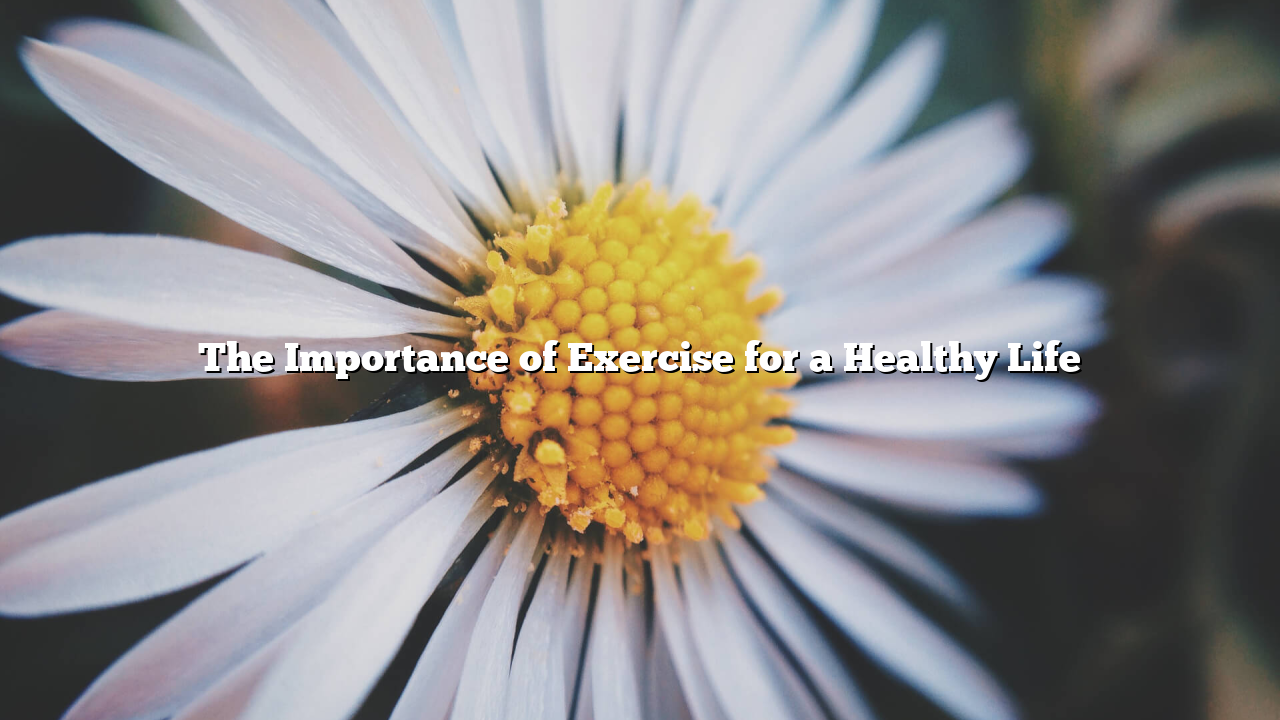In today’s fast-paced world, many people often overlook the importance of maintaining an active lifestyle. With the rise of technology, sedentary habits such as working long hours at a desk, spending extended periods on electronic devices, or commuting in vehicles have become increasingly common. While these routines may seem unavoidable, they can negatively affect both physical and mental diponegoro4d health. Exercise, therefore, is not just a leisure activity; it is an essential part of living a balanced and healthy life.
First and foremost, exercise plays a crucial role in maintaining physical health. Regular physical activity strengthens the heart, improves blood circulation, and helps control blood pressure. It also lowers the risk of chronic illnesses such as diabetes, obesity, and cardiovascular diseases. Even moderate activities like walking, cycling, or swimming can significantly improve overall body function. By engaging in consistent exercise, individuals build stronger muscles and bones, which become increasingly important as one grows older.
Beyond physical benefits, exercise has a profound impact on mental well-being. Studies have shown that physical activity releases endorphins, often referred to as “happy hormones,” which help reduce stress and anxiety. Regular exercise is also linked to better sleep quality and improved mood. In an age where mental health challenges such as depression and burnout are widespread, exercise can serve as a natural remedy that boosts resilience and enhances overall emotional stability.
Another important aspect of exercise is its role in weight management. In combination with a balanced diet, exercise helps regulate body weight by burning calories and improving metabolism. Maintaining a healthy weight reduces the risk of obesity-related diseases and increases energy levels, allowing individuals to perform daily tasks more efficiently. Moreover, staying fit can boost self-confidence, as people often feel more comfortable and positive about their body image when they are physically active.
Exercise also encourages discipline and consistency. Committing to a regular fitness routine teaches individuals the value of persistence and goal-setting. Whether it is running a certain distance, lifting heavier weights, or practicing yoga poses, achieving fitness goals builds a sense of accomplishment. This mindset can extend beyond exercise and influence other areas of life, such as career development or academic achievement.
In addition, exercise fosters social interaction and community engagement. Joining sports teams, attending fitness classes, or simply jogging with a friend provides opportunities to connect with others. These social connections not only make exercise more enjoyable but also promote a sense of belonging and support. Exercising together can motivate individuals to stay consistent and create lasting friendships based on shared goals.
Despite its numerous benefits, many people struggle to incorporate exercise into their daily lives due to busy schedules or lack of motivation. However, it is important to remember that exercise does not always require going to the gym or following intense routines. Simple changes such as taking the stairs, walking short distances instead of driving, or practicing stretching at home can make a meaningful difference. The key lies in consistency and making physical activity a natural part of one’s lifestyle.
In conclusion, exercise is a powerful tool that enhances both physical and mental health. It reduces the risk of chronic diseases, improves mood, manages weight, builds discipline, and strengthens social connections. In a world where sedentary habits are increasingly common, making time for regular physical activity is more important than ever. By prioritizing exercise, individuals not only invest in their present well-being but also ensure a healthier and more fulfilling future.
